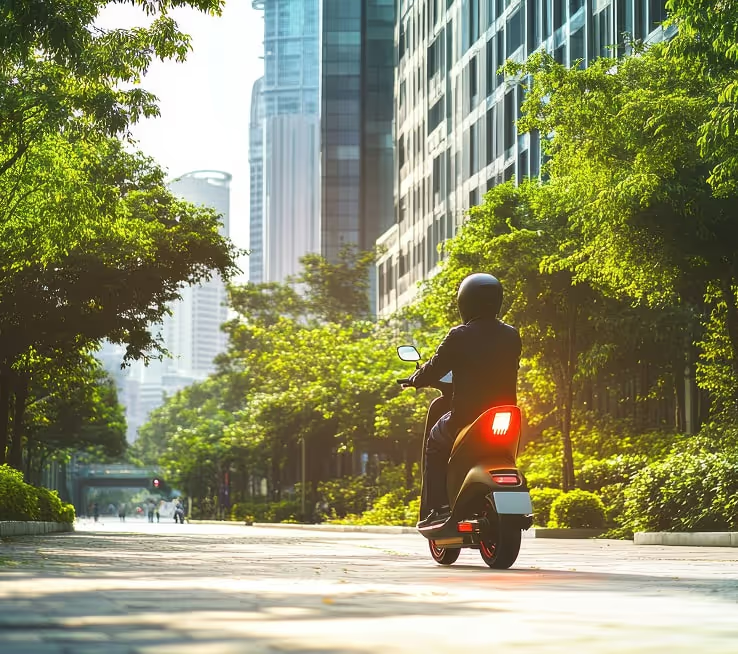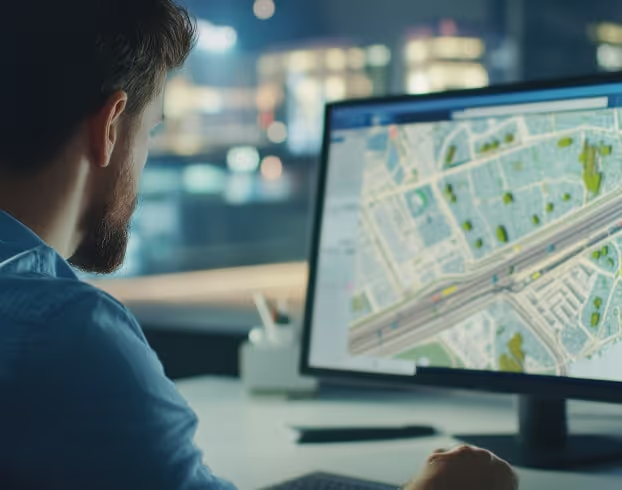Can Trump do that?
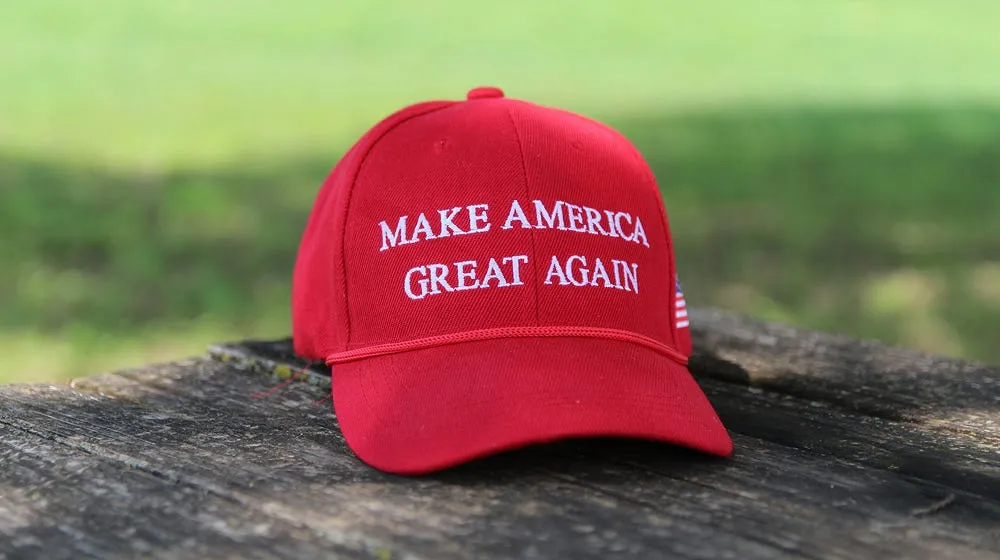
Three weeks into the second Trump administration, it’s the big question: can they actually do that? Can the President really halt hundreds of billions of dollars of transportation projects and clean energy investments that were authorized by Congress or the prior administration? It’s too early to tell just how far Trump can go in unwinding his predecessor’s climate legacy, but it’s very clear that he wants to go as far as possible.
Also: Ford CEO Jim Farley says tariffs on Mexico and Canada will hurt American automakers and help foreign ones, Cruise lays off half its workforce, Morocco makes a huge transit investment, Kansas City slashes bus service after two years of fare-free rides, a new study shows where home values are mostly likely to dive due to climate change, and urbanists the world over memorialize Donald Shoup, who transformed American urban planning by revealing a simple truth: there is no such thing as free parking.
What you need to know

How much climate spending can Trump kill? It remains unclear just how far President Trump can go in halting climate spending authorized by Congress over the past four years. For instance, of the $50 billion in grants that the Biden administration awarded in the weeks before Trump took office, as much as $32 billion is potentially vulnerable to being frozen because it has not actually been delivered to grant awardees yet. Democrats argue the administration is breaking the law by interfering with congressionally approved funding and it’s likely that courts will agree with them. In the meantime, nonprofits that were counting on federal funds are cutting staff. And it’s not a given that even unfavorable court decisions will prevent the president from sabotaging many climate initiatives, either by simply ignoring the courts or through bureaucratic gimmickry.
$3 billion in EV infrastructure paused: The Trump administration says no new money will be spent to build EV chargers until further notice. The order blocks at least $3 billion that states were anticipating receiving in the coming months and years.
If you’re going to do tariffs, what about Toyota? Ford CEO Jim Farley says he doesn’t support tariffs, but that if President Trump is going to do them, he should target them to protect U.S. automakers. The proposed tariffs on Mexico and Canada would be a big problem for Detroit automakers, which rely heavily on parts that cross those borders multiple times before assembly, but they would have left largely untouched the Japanese and Korean automakers that are importing over a million vehicles a year into the U.S.
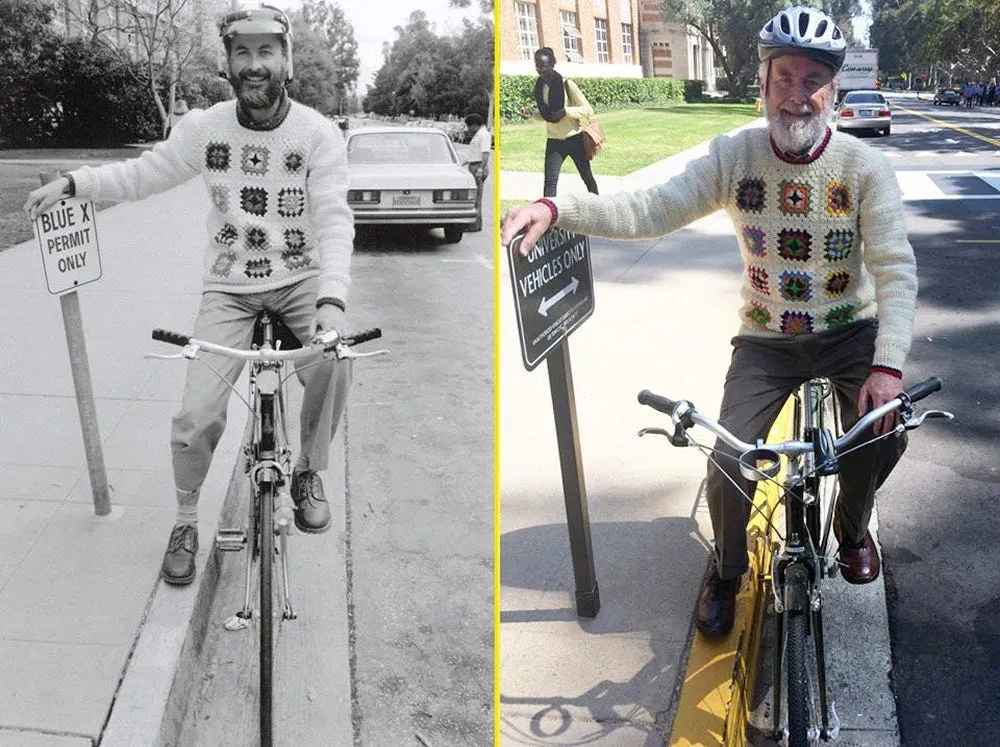
Donald Shoup dies: A longtime professor at UCLA, Shoup, who died on Friday at 86, revolutionized the way cities and policymakers think about parking. His most notable work, The High Cost of Free Parking, argued that minimum parking requirements in urban areas led to inefficient land use, sprawl, and environmental harm. He proposed three key reforms: eliminating parking minimums, charging market rates for street parking, and using parking revenue to improve local infrastructure. These ideas, once considered radical, have gained traction in urban planning circles and influenced policies worldwide. We will miss him.

¡Hasta pronto, Miami!
CoMotion MIAMI is back for the 6th and most important edition on April 29-30, 2025. Meet and connect with leading policymakers and innovators from all corners of the mobility revolution. Register now and benefit from Super Early Bird Pricing.

Want to be more involved? Join our new initiative - The 2025 Network Membership - designed to give you exclusive community access throughout the year like never before. Learn more
Cruise cuts 50% of staff: As it pivots away from robotaxis to just being a provider of autonomous driving features for GM’s passenger vehicles, Cruise lays off half of its workforce.
Kansas City slashes bus service after two years of free fares: Kansas City drew praise and skepticism when it put in place free fares for public transit two years ago. But now its transit system is facing a major budget shortfall and it is poised to cut bus service by 33%!
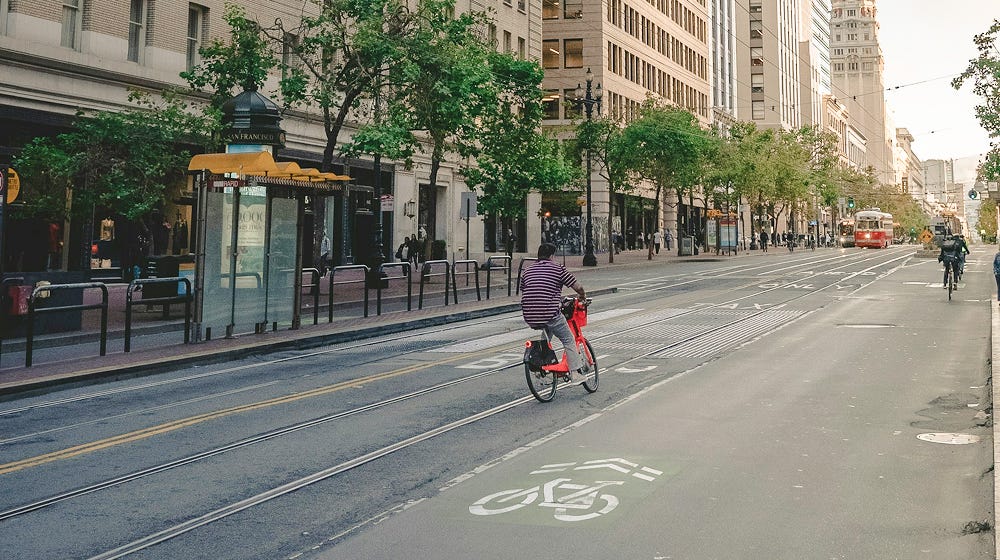
Power to the People (Protected Bike Lane): In 2017 advocates for protected bike infrastructure in San Francisco started holding protests where they would stand between vehicle lanes and bike lanes to demonstrate the inadequate protection for cyclists. Eight years later, 32 of the 55 locations targeted by “People Protected Bike Lane” demonstrations now have protected bike infrastructure. Being a nuisance works!
Morocco’s big transit investment: The North African country is plowing $10.7 billion into high-speed rail and urban transit, including more than 3,700 new buses across three dozen cities.
Tesla sales way down in Europe’s biggest markets: Tesla sales in January were down 59% over the previous year in Germany, while they dropped 63% in France and 12% in the UK. There are likely many reasons consumers are shifting to Chinese or domestic EVs, but Elon Musk tying himself to Donald Trump and becoming a surrogate for far-right parties in Europe has almost certainly played a role.
What we're reading
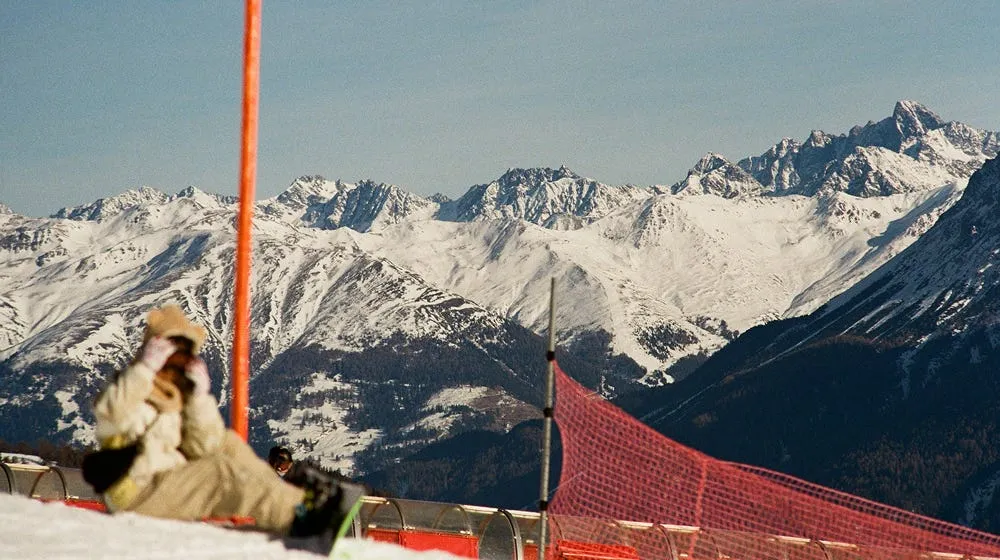
The scourge of vehicle tires: A group of researchers made an expedition into the Alps in France, Switzerland and Italy to examine the presence of nanoplastics. Nanoplastics are even smaller than microplastics and potentially more dangerous, since they may be able to penetrate cell membranes. The Alpine expedition concluded that 41% of the nanoplastics they discovered came from vehicle tires. There are companies working on developing car tires that don’t generate as much particulate matter, such as London-based ENSO.
The climate’s effect on home values: An analysis of home insurance rates around the country by First Street, a research firm focused on climate and housing, shows where in the U.S. home values are most at risk in the coming years due to climate change. The article is available at either the New York Times, which includes a detailed map of the analysis, and ProPublica.
